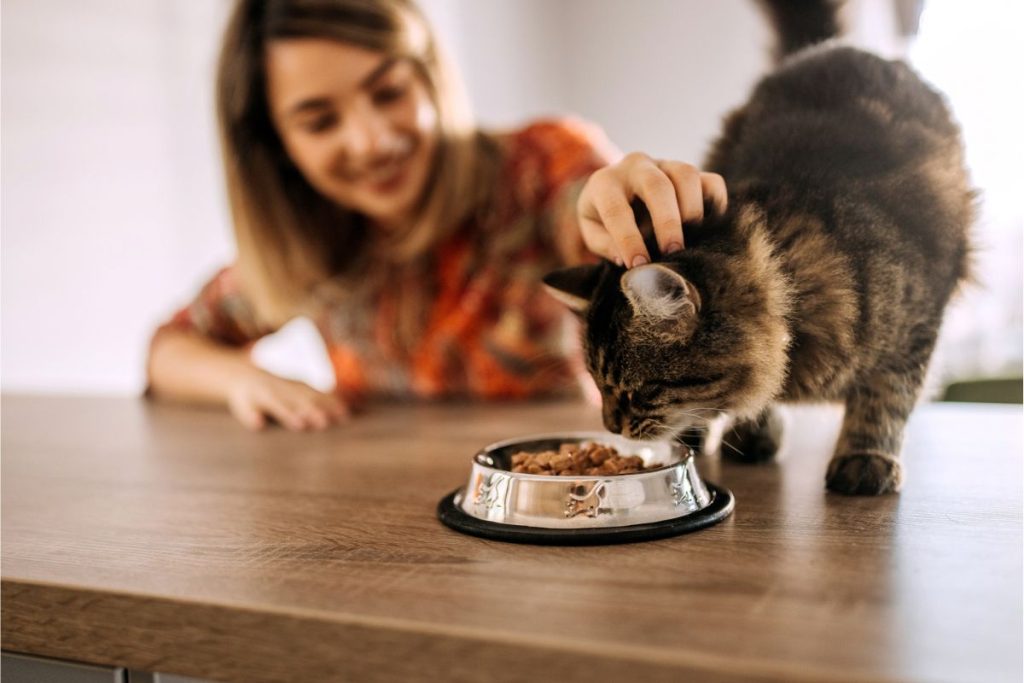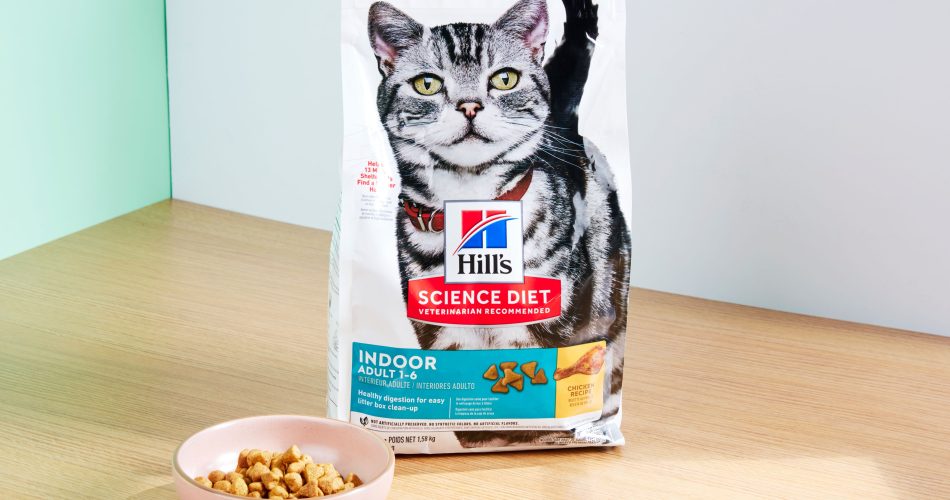As cats age, their nutritional needs change significantly. Just like humans, senior cats experience a natural decline in metabolism, organ function, and activity levels. Ensuring they receive the appropriate nutrition can help maintain their health, manage age-related conditions, and enhance their quality of life. Understanding the special dietary needs of senior cats and making necessary adjustments can go a long way in promoting their well-being.

Understanding the Aging Process in Cats
A cat is generally considered a senior when they reach around 7 to 10 years of age. As they grow older, their bodies undergo various changes that impact their dietary requirements. These changes may include a slower metabolism, reduced ability to digest and absorb nutrients, decreased muscle mass, and the potential development of chronic health conditions such as kidney disease, arthritis, or diabetes. Recognizing these changes and tailoring their diet accordingly is crucial to supporting their longevity and vitality.
Protein Requirements for Senior Cats
Protein is an essential nutrient for cats at any age, but it becomes even more critical for senior felines. Aging cats tend to lose muscle mass, and providing high-quality, easily digestible protein sources can help maintain lean muscle and prevent frailty. Animal-based proteins such as chicken, turkey, and fish should be included in their diet to support muscle health. However, it is important to monitor protein intake if the cat has kidney disease, as excessive protein can exacerbate kidney function decline.
Managing Caloric Intake
As cats age, their activity levels often decrease, which can lead to weight gain if their caloric intake is not adjusted accordingly. Obesity is a common issue in older cats and can contribute to various health problems, including diabetes and joint issues. Feeding senior cats a diet with controlled calorie content, tailored to their activity level, can help prevent weight-related complications. On the other hand, some senior cats may experience weight loss due to decreased appetite or underlying health issues, requiring nutrient-dense foods to maintain a healthy body weight.
Joint and Mobility Support
Arthritis and joint issues are prevalent in senior cats, making it important to include nutrients that support joint health. Ingredients such as glucosamine, chondroitin, and omega-3 fatty acids from sources like fish oil can help reduce inflammation and improve mobility. Specialized senior cat diets often contain these supplements to promote joint health and enhance overall comfort.
Digestive Health Considerations
Aging can affect a cat’s digestive system, leading to a reduced ability to absorb nutrients efficiently. Fiber plays a key role in supporting digestive health by promoting regular bowel movements and preventing constipation, which is common in older cats. Prebiotics and probiotics can also be beneficial in maintaining a healthy gut microbiome and improving nutrient absorption. Including easily digestible ingredients such as cooked pumpkin or probiotics in their diet can aid in maintaining optimal digestive health.
Hydration and Kidney Health
Senior cats are more prone to kidney disease and urinary tract issues, making hydration an essential aspect of their diet. Encouraging increased water intake by providing fresh water sources, incorporating wet food, or using water fountains can help support kidney function. A diet with controlled phosphorus and sodium levels is also recommended for cats with kidney concerns to reduce the workload on their kidneys and prevent further damage.

Dental Health and Nutrition
Dental health plays a significant role in a senior cat’s overall well-being. Dental disease is common in older cats and can impact their ability to eat comfortably. Offering soft or wet food can make it easier for them to chew and swallow, while dental diets or treats designed to reduce plaque and tartar buildup can support oral health. Regular veterinary check-ups to monitor dental health and ensure they are receiving proper nutrition are essential.
Nutritional Supplements for Aging Cats
In addition to a well-balanced diet, certain supplements can be beneficial for senior cats to address specific age-related concerns. Omega-3 fatty acids can support skin and coat health, while antioxidants such as vitamins E and C help combat oxidative stress and support cognitive function. Taurine, an essential amino acid for cats, remains crucial in their diet to maintain heart and eye health.
Tailoring the Diet to Individual Needs
Every senior cat is unique, and their dietary needs may vary based on their health status, lifestyle, and preferences. Consulting with a veterinarian to develop a tailored nutrition plan is essential in addressing any specific health conditions, such as diabetes, thyroid disorders, or gastrointestinal sensitivities. Regular monitoring and adjustments to their diet can help maintain their optimal health and comfort.
Transitioning to a Senior Cat Diet
When adjusting a cat’s diet to meet their changing nutritional needs, it is important to introduce new foods gradually to avoid digestive upset. Gradually mixing the new food with their current diet over several days can help them adjust to the change without causing stress. Ensuring they accept the new diet and monitoring for any signs of intolerance or allergies is crucial during the transition period.
Importance of Routine Veterinary Check-Ups
Regular veterinary visits are essential for senior cats to monitor their health and make any necessary dietary adjustments. Routine blood tests, weight monitoring, and dental exams can help detect early signs of age-related conditions and allow for timely intervention. Working closely with a veterinarian ensures that the cat’s dietary plan is aligned with their current health status and changing needs.

Homemade vs. Commercial Senior Cat Diets
While some pet owners opt for homemade diets to have better control over their cat’s nutrition, it is important to ensure that these diets are nutritionally balanced. Formulating a homemade diet with the guidance of a veterinarian or pet nutritionist can help meet all essential nutrient requirements. Commercial senior cat foods are formulated to provide balanced nutrition tailored to aging cats, offering convenience and peace of mind.
Conclusion
Adjusting nutrition with age is vital for maintaining the health and well-being of senior cats. Providing a diet rich in high-quality protein, essential nutrients, and hydration can help support their aging bodies and manage age-related conditions. By staying informed, monitoring their health, and working with a veterinarian, cat owners can ensure their senior felines enjoy a happy and healthy life in their golden years.
